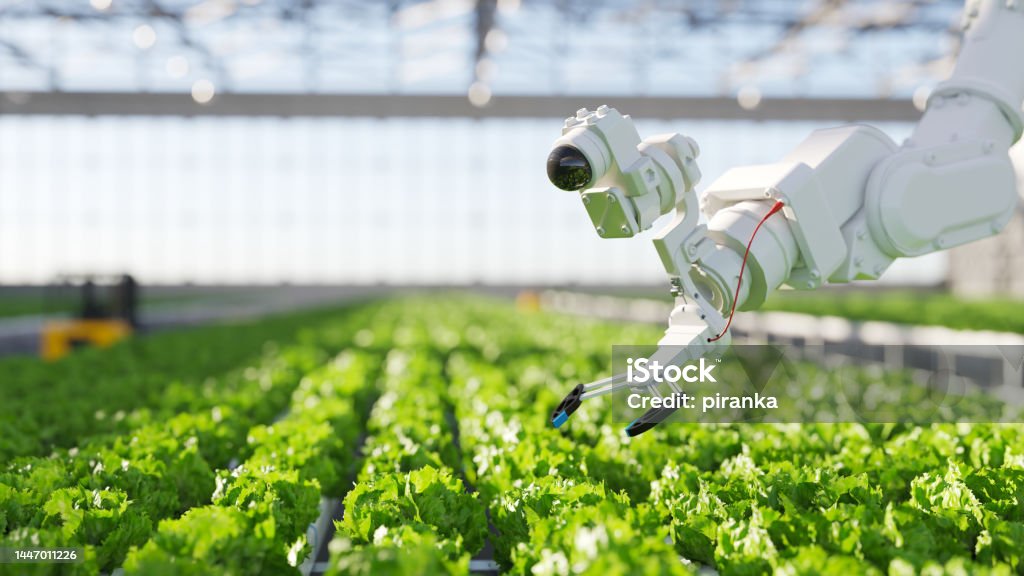🚀 Dubai’s AgriTech Powerhouse RedHarvest Secures $55M to Scale Climate-Smart Farming

RedHarvest, a fast-rising agritech startup based in Dubai, has raised $55 million in Series B funding to accelerate its mission of transforming desert agriculture through AI-driven, climate-resilient farming systems. The round was led by Wamda Capital, with participation from QIA Ventures, AgTech Impact Fund, and Aramco’s Wa’ed Ventures.
Founded in 2020 by bioengineer Fatima Al-Kuwaiti, RedHarvest integrates machine learning, aeroponics, and desert-adapted crop genetics to build high-yield farming modules capable of thriving in harsh environments with 70% less water than traditional methods.
“We’re solving the GCC’s food security challenge with data, biology, and circular engineering,” said Al-Kuwaiti. “This capital allows us to scale modular farms across arid regions — from the UAE to North Africa.”
🌱 Tech Meets Soil
The company’s proprietary system, AgroCore™, combines:
AI forecasting for crop health and yield optimization
Sensor-driven soil and water analytics
Controlled-environment pods powered by solar energy
Blockchain-based farm-to-fork traceability
RedHarvest currently operates over 120 micro-farm installations across the UAE and Bahrain, supplying premium leafy greens, strawberries, and microgreens to hotel chains, grocers, and government contracts.
The new funding will support:
Launching a 50-acre hybrid vertical farm in Abu Dhabi
Expanding into Saudi Arabia, Egypt, and Morocco
Building a R&D hub for plant genomics and agronomic AI in partnership with Khalifa University
🌍 Analyst Take
In a region where 90% of food is imported, RedHarvest offers a blueprint for agricultural independence powered by clean tech. As global food systems confront climate volatility, smart desert farming could become the Middle East’s next high-impact export.
